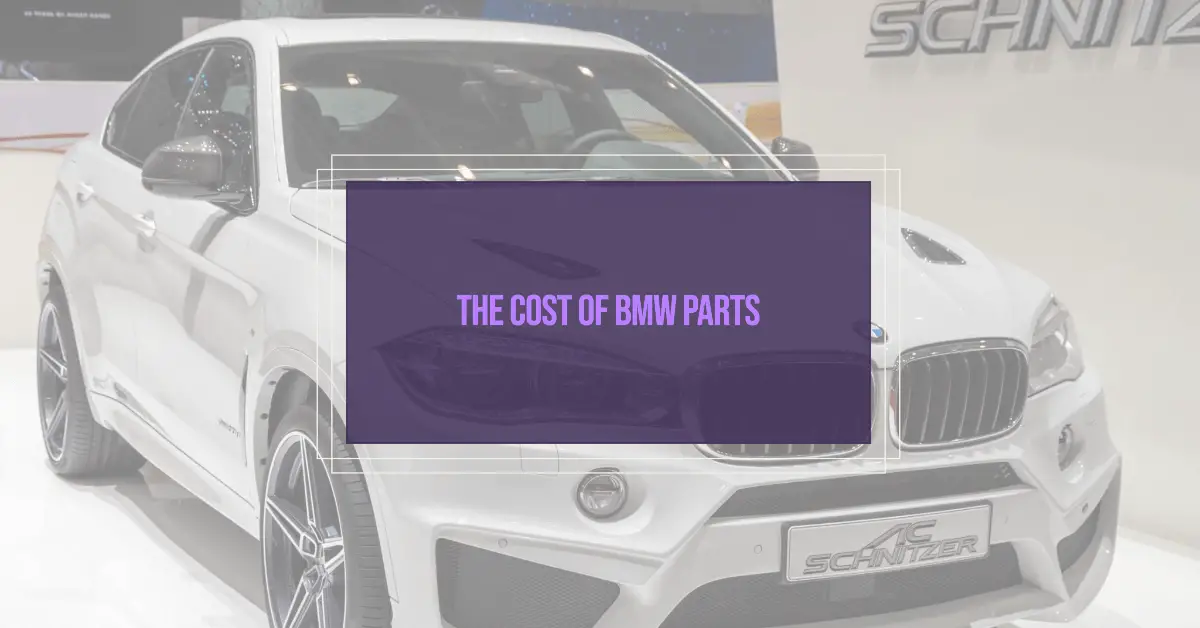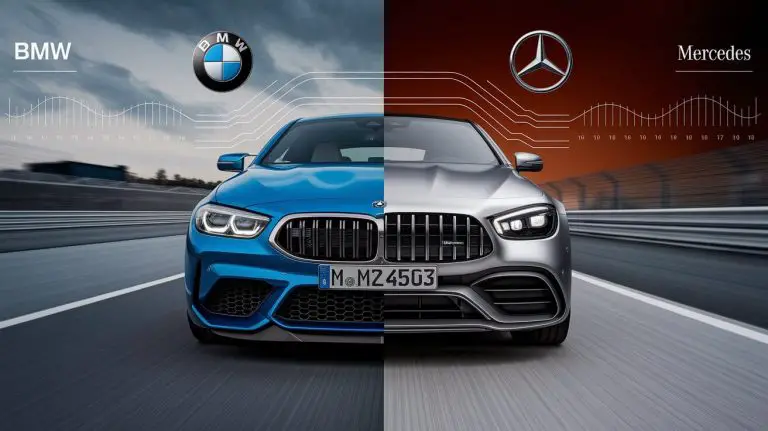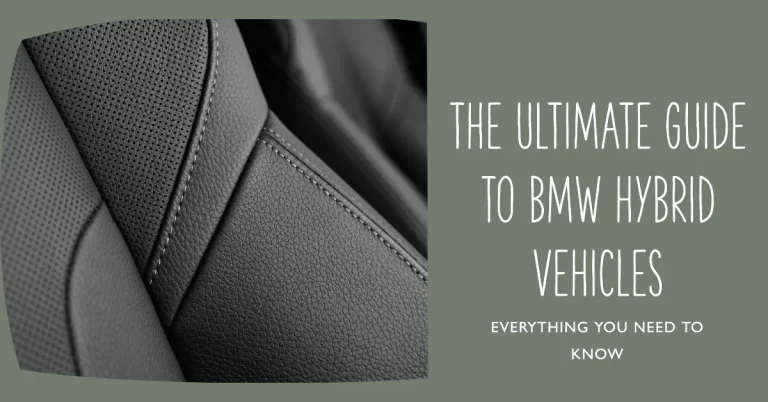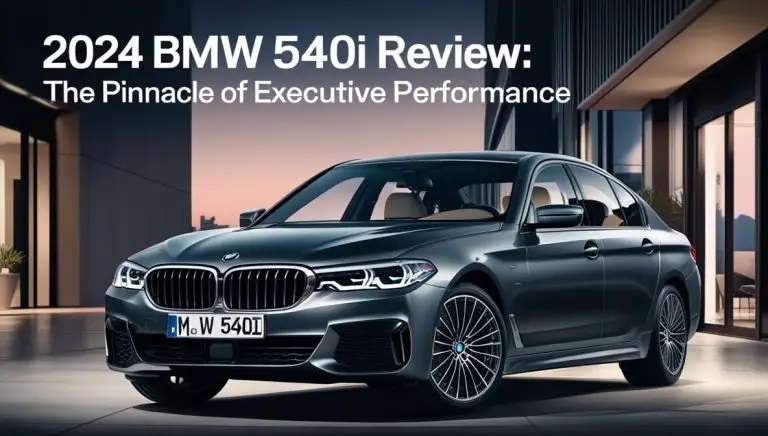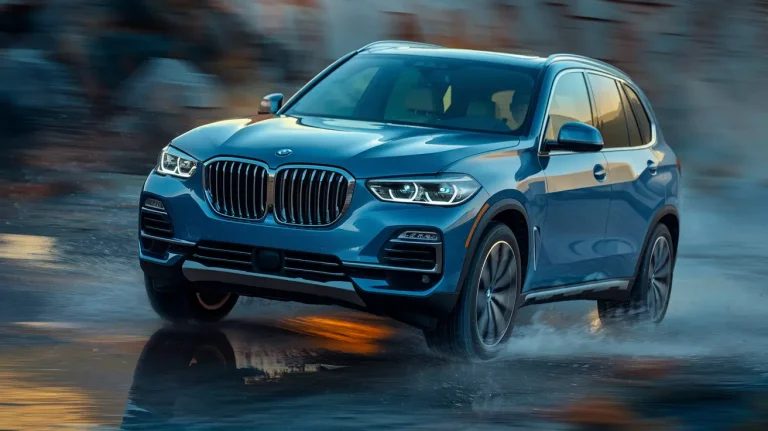Are BMW Parts More Expensive Than Other Luxury Cars?
BMW has a reputation for being one of the more costly luxury vehicles when it comes to maintenance and repairs. But do BMW parts really cost more than comparable luxury brands like Mercedes-Benz, Audi and Lexus?
The short answer is yes – BMW parts and labor are generally around 20-30% more expensive than other luxury cars. But are those premium BMW parts prices justified by better engineering, performance and driving dynamics?
In this complete guide, we’ll dive into detail on how BMW parts and maintenance pricing compares, why they cost more, which models are most expensive to maintain, and whether the higher cost of ownership is worth it in the end.
How BMW Parts Pricing Compares to Other Luxury Brands
Across all models, BMW parts are approximately 20-30% more expensive than Mercedes-Benz, Audi, Lexus, Acura, Infiniti and other luxury vehicles.
Certain common repairs – like brake pads, oil changes and clutches – can be 50-100% more at the BMW dealership compared to other luxury brand dealers.
For example, a set of front brake pads at the BMW dealer often runs around $250, while comparable Mercedes and Audi pads cost $150-180. An oil change is around $150 for a BMW, versus $90-120 for most luxury competitors. And a new clutch replacement can be $2,500+ for a BMW, while only $1500 for an Audi or Mercedes.
This pricing disparity applies to both parts and hourly labor rates, which are also higher at BMW dealerships on average.
Why Are Genuine BMW Parts More Expensive?
There are a few core reasons why genuine OEM BMW parts command a premium price over other luxury vehicle brands:
1. Engineered to tighter tolerances and specifications
BMW holds their parts suppliers to extremely strict engineering tolerances, manufacturing processes and quality control. This level of precision engineering results in higher manufacturing costs.
2. Focus on performance over luxury
The core BMW brand ethos is performance driving dynamics and handling, while brands like Mercedes emphasize luxury and comfort. So BMW parts emphasize acceleration, cornering and braking over ride quality.
3. Made in Germany
Many BMW components like engines and transmissions are manufactured in Germany. Compared to rivals outsourcing to cheaper markets, German labor, regulations and materials increase costs.
4. Lower production scale
As a smaller luxury brand, BMW does not have the production volume efficiencies of mainstream brands like Toyota or Volkswagen to help amortize R&D costs.
5. Premium grade fuel required
All BMW engines require premium grade gasoline, while some competitors recommend but don’t require it. Over time, the cost of premium fuel adds up.
6. Driving experience over reliability
BMW prioritizes the driving experience over long term reliability. Parts wear faster when pushed to high performance limits.
So in summary – you are paying more for extremely tight German engineering tolerances, performance-oriented parts and the cost of the prestigious BMW badge.
Which BMW Models Have The Highest Maintenance Costs?
While all BMWs will cost more than mainstream brands for repairs and parts, some models tend to have higher maintenance costs on average:
- BMW M Series: The high performance M cars like the M3, M5 and M8 have the most expensive parts designed for track-ready speed and cornering. Expect 50-100% premiums over regular 3/5 Series parts.
- X5, X6, X7 SUVs: BMW’s luxury SUV models use more expensive xDrive AWD systems, premium features and twin-turbo V8 engines requiring pricier maintenance.
- 3 Series: As BMW’s highest volume seller, there are simply more 3 Series out there requiring repairs. But as an entry model, parts are less than the luxury 5/7 Series line.
- 1 Series: The small 1 Series coupe and hatchback have BMW’s lowest maintenance costs as an entry level model with 4 cylinder engines.
In general, the higher end performance M cars and luxury SUV models will have the priciest repair bills over compact sedans and coupes.
6 Tips To Minimize BMW Maintenance Costs
Despite the higher pricing, there are ways BMW owners can minimize the pain of expensive maintenance:
1. Follow factory scheduled maintenance
Sticking to the factory recommended service schedule for fluid changes, filters, belts, etc is crucial to prevent expensive failures down the road.
2. Buy OEM parts online
Genuine BMW parts can be 30-50% cheaper online vs at the dealership. Sites like FCP Euro and Turner Motorsport offer OEM parts at big discounts.
3. Learn DIY repairs
For simpler maintenance like brakes, filters, spark plugs and fluid changes, learning to DIY can save hundreds vs paying a dealer mechanic.
4. Use independent repair shops
Independent mechanics usually charge much less per hour than the dealer, saving money on labor for repairs.
5. Ask for BMW CCA member discount
Having a current BMW Car Club of America membership can qualify you for 10-15% discounts on parts and labor at participating dealers.
6. Consider an extended warranty
Once the standard 4yr/50k mile BMW warranty expires, an extended warranty can help hedge against rising repair costs as cars age.
While BMW maintenance will always cost more than a mainstream Toyota or Honda, taking some proactive steps can keep costs under control.
Is Paying More for BMW Parts & Maintenance Worth It?
At the end of the day, paying a premium for BMW ownership comes down to whether their combination of prestige, performance, driving experience and brand cachet justifies the higher long term cost of maintenance and repairs.
Here are some key considerations on whether elevated BMW cost of ownership is worth it:
- Driving experience. Nothing quite compares to the renowned BMW handling, acceleration and precision feel behind the wheel. BMW engineers their vehicles first and foremost for the driving enthusiast.
- Brand prestige. The BMW brand carries a reputation for prestige and status, especially in the world of luxury performance vehicles. Driving the brand known for being “The Ultimate Driving Machine” has intangible value to many owners.
- Performance. In independent testing and reviews, BMWs consistently score at or near the top of comparison performance tests for acceleration, braking, cornering, handling and road dynamics. You get what you pay for.
- Leasing cost. Since BMWs carry higher resale and residual values long term, monthly lease payments are competitive with rivals. Leasing mitigates risk of rising repair costs after warranty expiration.
- Total cost of ownership. Taking into account depreciation, fuel, maintenance, insurance and other factors – BMWs hold their value very well compared to rivals. Over 5-10 years the total cost of a BMW compares favorably.
- Reliability. In surveys, BMW reliability and dependability rankings match or exceed Audi and Mercedes on average. Proper maintenance is key for any vehicle.
If you prioritize driving dynamics, performance and brand prestige over pure value and reliability, then paying a premium for BMW ownership may be worth it. Test drive a BMW and experience the intangible quality that sets it apart from competitors.
Conclusion: Are BMW Parts Worth the Price?
There is no arguing that maintaining and repairing a BMW costs significantly more than a mainstream Toyota or Honda. Even compared to direct luxury brand rivals, BMW parts, labor and maintenance requirements carry a premium.
But BMW is also one of the few brands that can consistently compete with Porsche for driving experience honors, track performance credentials and brand prestige globally. BMW parts are engineered to tighter tolerances in the pursuit of precision handling.
For driving enthusiasts who prioritize world-class performance, handling and driver engagement over pure value, paying more for genuine BMW parts and service is generally considered worth the investment. Maintaining a well running older BMW can provide driving pleasure for far less upfront cost than a new model.
Of course, make sure to follow BMW’s factory maintenance schedule, learn DIY repairs when feasible, and always shop around for discounted parts online and competitive independent mechanic rates. While the costs are elevated, taking some proactive measures to maintain and protect your Ultimate Driving Machine can help minimize the financial pain.
At the end of the day, you pay more because BMW truly represents “The Ultimate Driving Machine” in the eyes of its loyal enthusiasts. Test drive one yourself and the premium price of entry may just be worth it for the unmatched driving experience.

